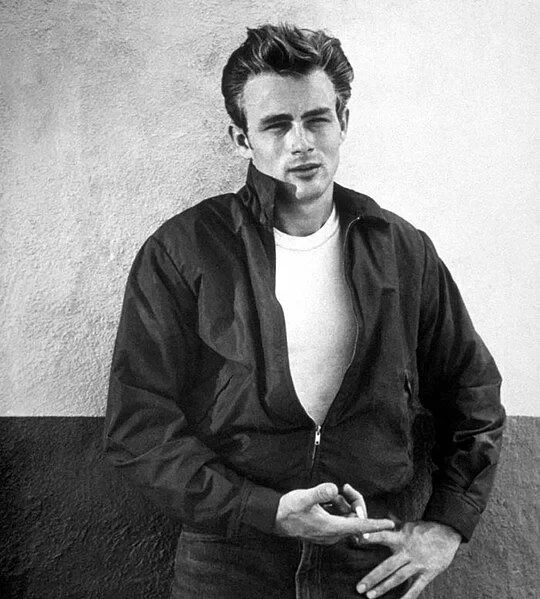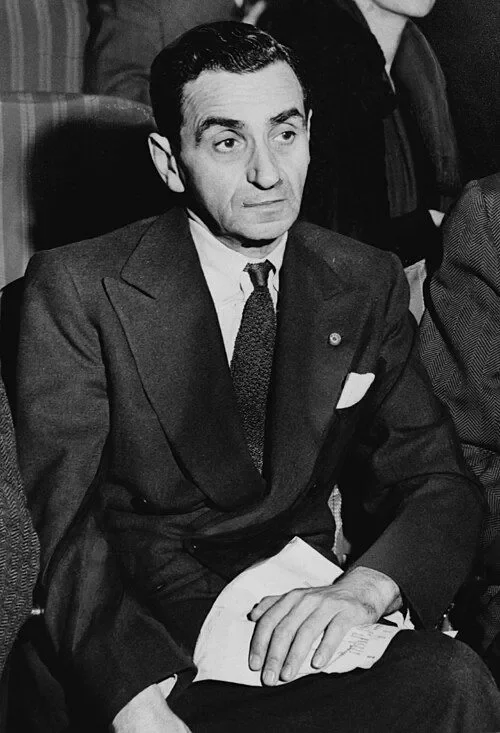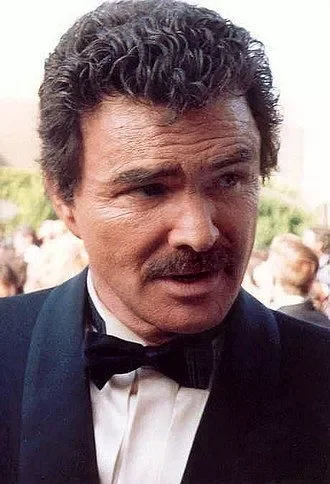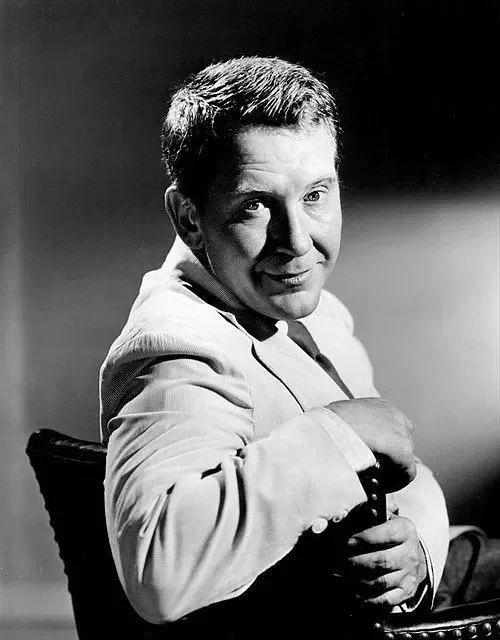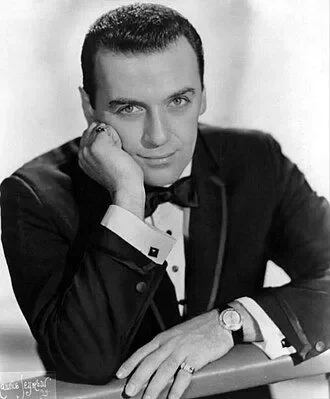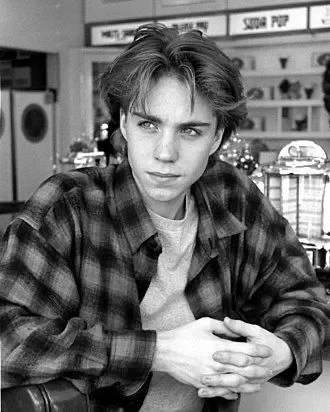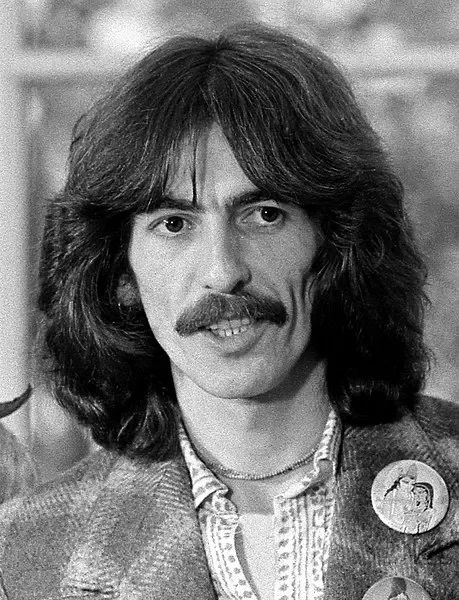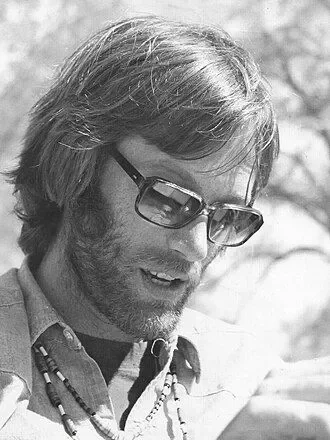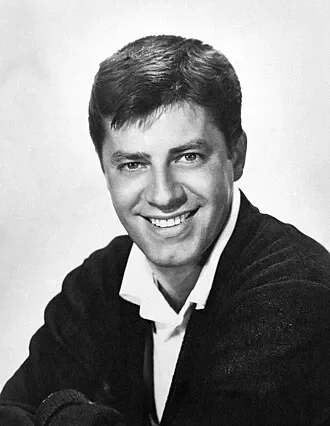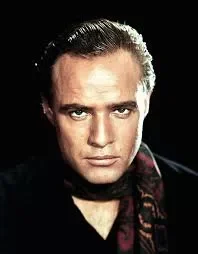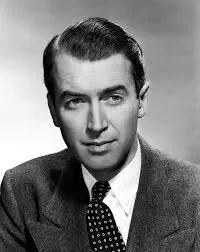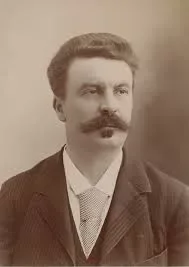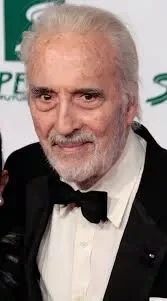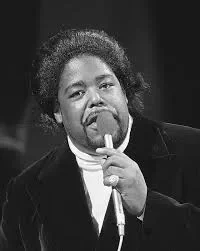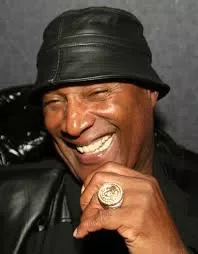Real Celebrities Never Die!
OR
Search For Past Celebrities Whose Birthday You Share
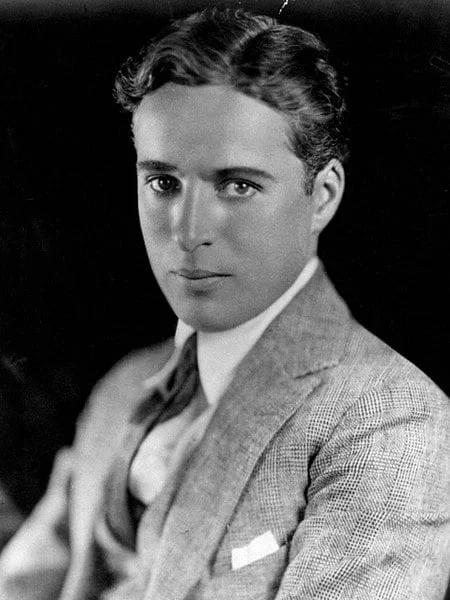
source:wikipedia.org/
Charlie Chaplin
Birthday:
16 Apr, 1889
Date of Death:
25 Dec, 1977
Cause of death:
Stroke
Nationality:
British
Famous As:
Actor
Age at the time of death:
88
Charlie Chaplin's Quote's
Early Life and Struggles
Charlie Chaplin, the iconic figure with the bowler hat, toothbrush mustache, and wobbly walk, transcended the silent film era to become a global symbol of comedy and social commentary. Born Charles Spencer Chaplin on April 16, 1889, in London, England, Charlie’s childhood was marred by poverty and hardship. His parents, both music hall performers, struggled to make ends meet, and young Charlie spent time in and out of workhouses. His talent for performance, however, shone through at an early age. He began appearing on stage at the tender age of five, honing his comedic skills in the rough-and-tumble world of vaudeville.
Hollywood Beginnings and Signature Character
In 1913, at the age of 24, Charlie Chaplin crossed the Atlantic to pursue his Hollywood dreams. He quickly landed a role at Keystone Studios, where he developed his signature character, the Tramp. This endearing yet mischievous vagabond, dressed in oversized clothes and sporting a melancholic smile, resonated with audiences worldwide. Chaplin’s films, a blend of slapstick comedy, poignant storytelling, and social commentary, captured the zeitgeist of the early 20th century. He wrote, directed, produced, and starred in classics like “The Kid” (1921), “The Gold Rush” (1925), “City Lights” (1931), and “Modern Times” (1936). These films not only entertained but also tackled themes of poverty, class struggle, and technological alienation, making Chaplin a cultural icon and a pioneer of cinematic art.
Personal Life and Controversies
Chaplin’s personal life, however, was often shrouded in controversy. He faced accusations of adultery and statutory rape, and his four marriages were tumultuous. Despite his immense wealth and fame, Chaplin struggled with inner demons, including depression and substance abuse. These personal struggles, intertwined with the changing political landscape of the 1940s and 50s, led to his decline in popularity in the United States.
Exile and Artistic Recognition
Chaplin faced political persecution in the McCarthy era due to his alleged communist sympathies. He eventually exiled himself to Switzerland in 1952, where he continued to make films until his late 70s. Despite the controversies, Chaplin’s artistic genius was eventually recognized. He was awarded an honorary Academy Award in 1972, and his films continue to be celebrated for their timeless humor, emotional depth, and social commentary.
Death and Legacy
Charlie Chaplin passed away on December 25, 1977, at the age of 88, in Corsier-sur-Vevey, Vaud, Switzerland. His death marked the end of an era in cinema, but his work continues to captivate audiences and inspire filmmakers to this day.
Enduring Influence on Film and Society
Charlie Chaplin’s life and work offer a fascinating glimpse into the history of film, comedy, and society. He was a complex and flawed man, but his artistic genius and enduring legacy are undeniable. Chaplin’s films continue to resonate with audiences today, reminding us to laugh in the face of adversity, fight for what’s right, and never lose sight of the human spirit.
Name:
Charlie Chaplin
Popular Name:
Charlie Chaplin
Gender:
Male
Cause of Death:
Stroke
Spouse:
Place of Birth:
London, England
Place of Death:
Corsier-sur-Vevey, Switzerland
Occupation / Profession:
Personality Type
Entertainer: Spontaneous, energetic and enthusiastic people life is never boring around them. His fame as an entertainer stemmed from his spontaneous and energetic personality.
Chaplin composed the music for most of his films, showcasing his hidden musical talent.
Chaplin's granddaughter, Oona Chaplin, is a successful actress, carrying on the family legacy in the entertainment industry.
He was knighted by Queen Elizabeth II in 1975, a remarkable honor for a man who once faced political exile.
His iconic cane was actually inspired by a real walking stick he used due to a childhood illness.
Academy Award for Best Music, Original Dramatic Score for Limelight (1973)
BAFTA Academy Fellowship Award (1976)
Co-founded the distribution company United Artists, which gave him complete control over his films
Invented a style of filmmaking later copied by avant-garde directors such as John Cassavetes
Knighted by Queen Elizabeth II (1975)
Most famous film star in the world before the end of World War I
Special Academy Award for “Best Comedy Directing”
Special Academy Award for versatility and genius in acting, writing, directing, and producing

